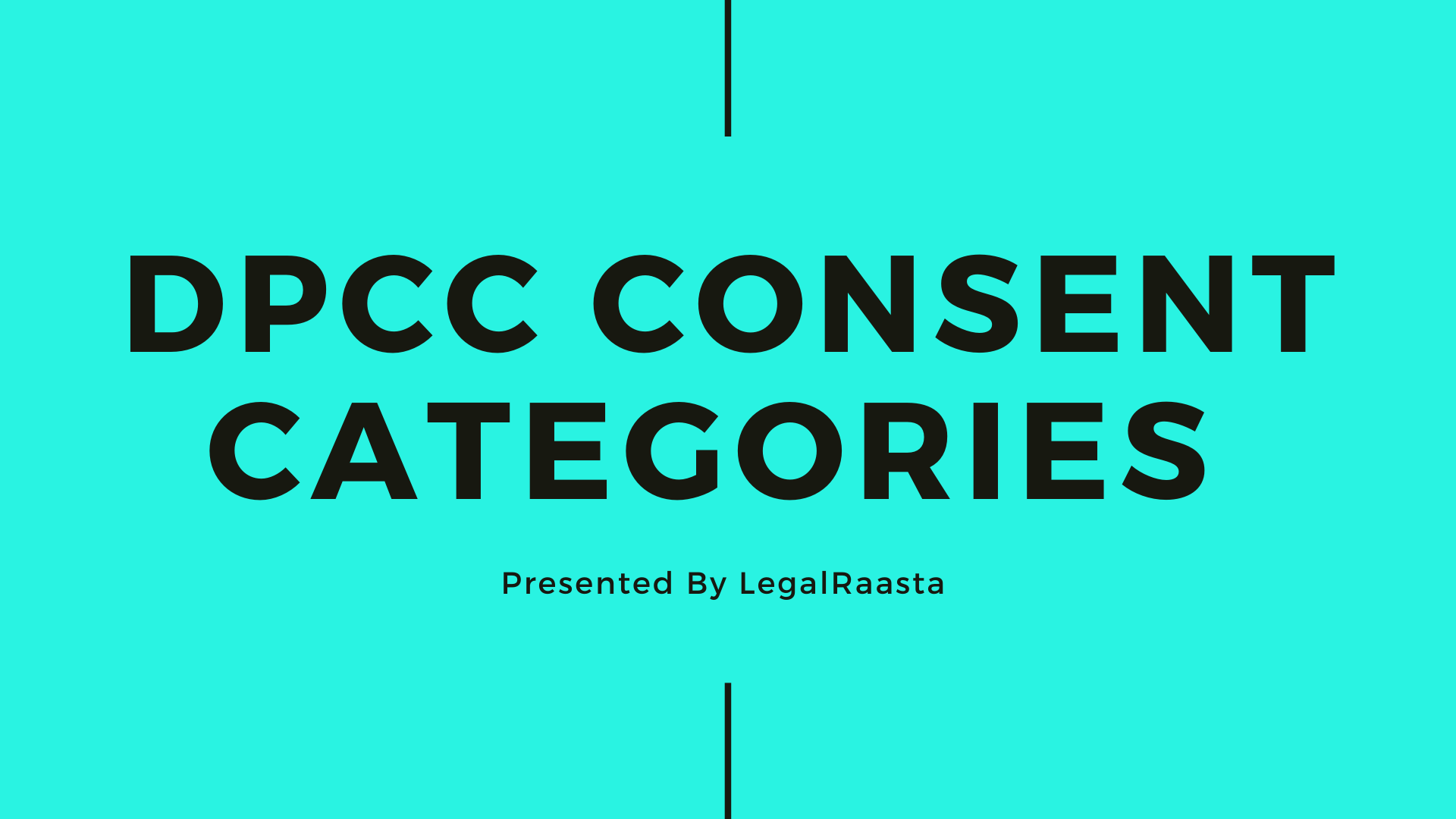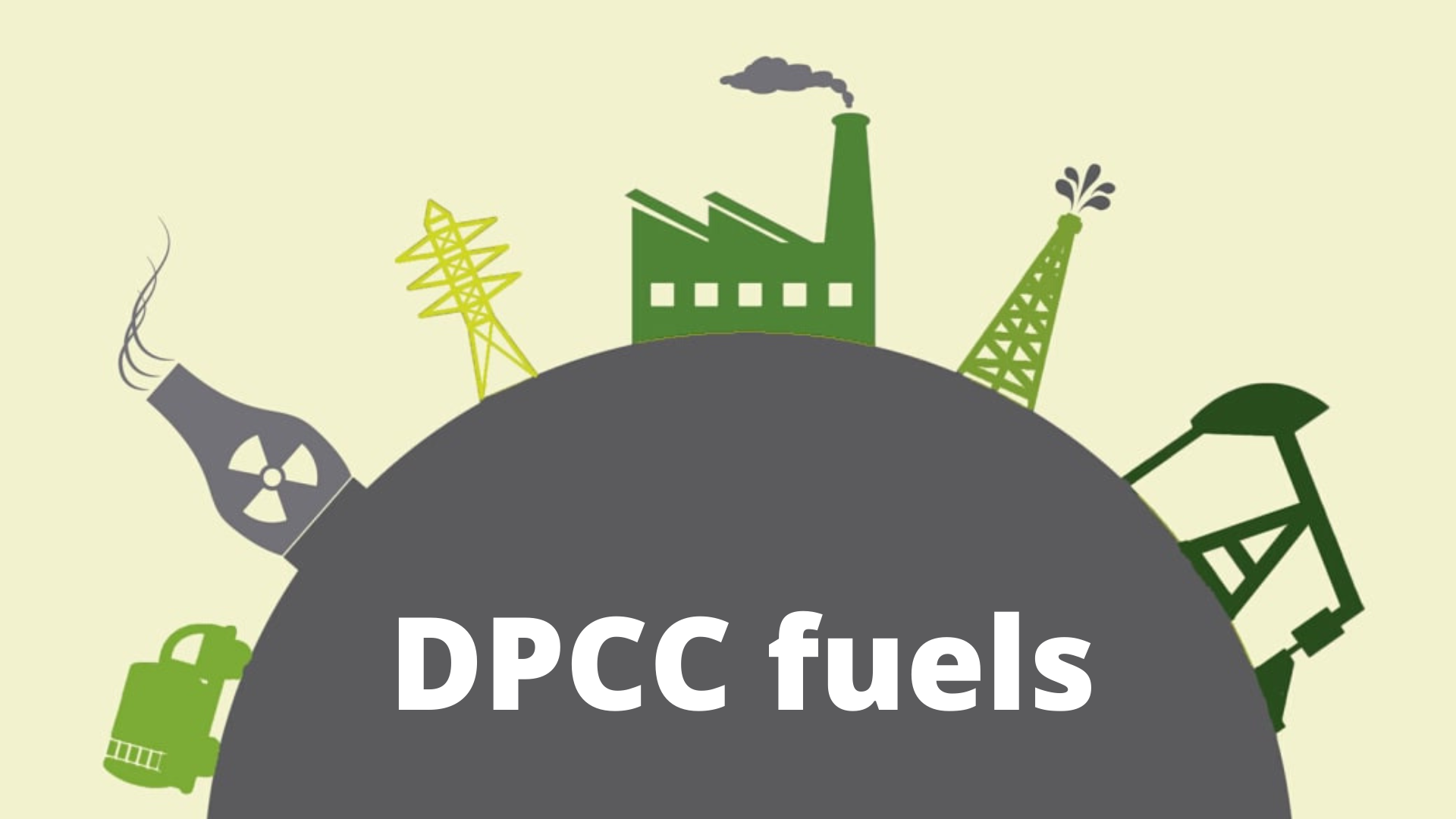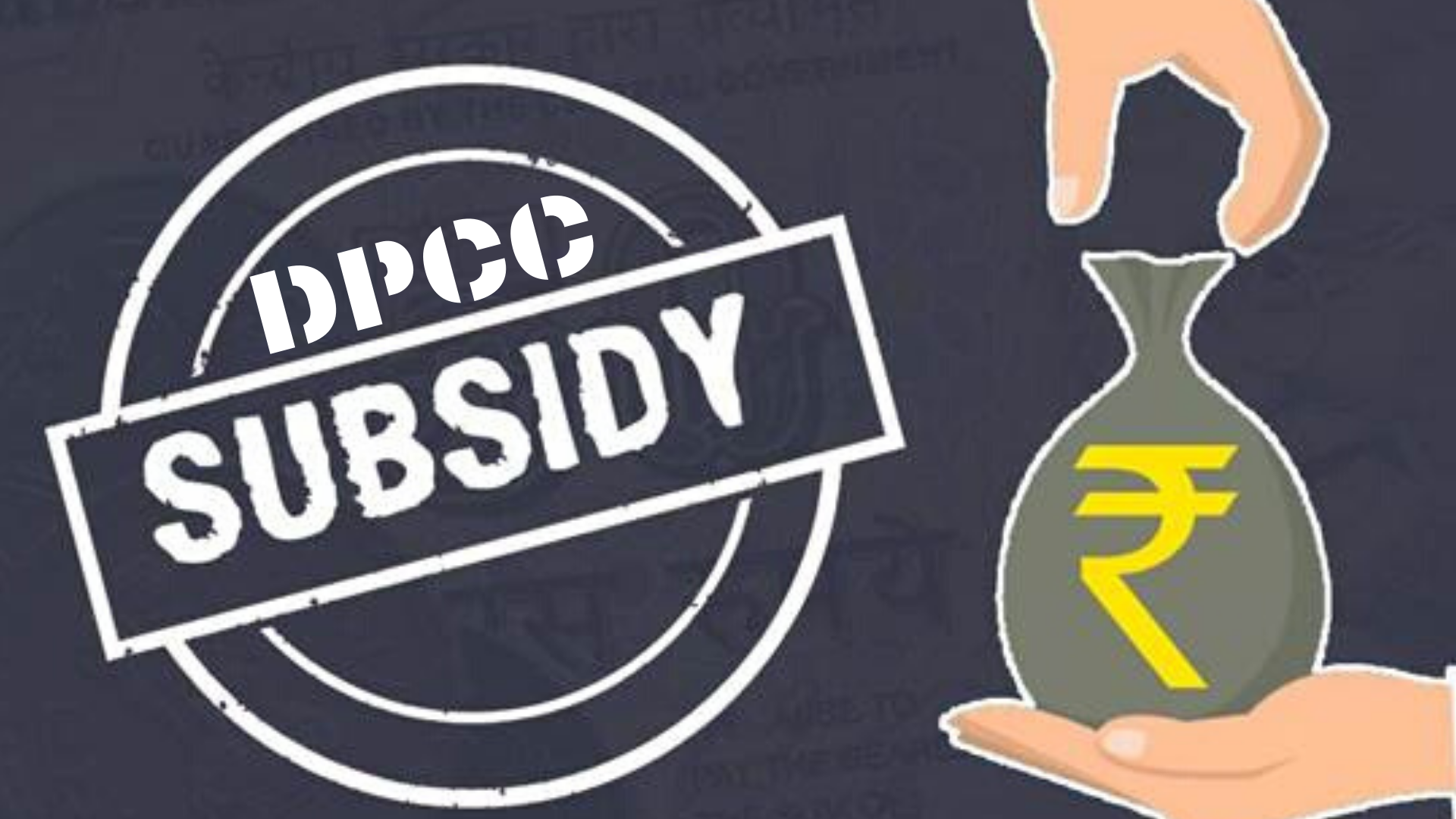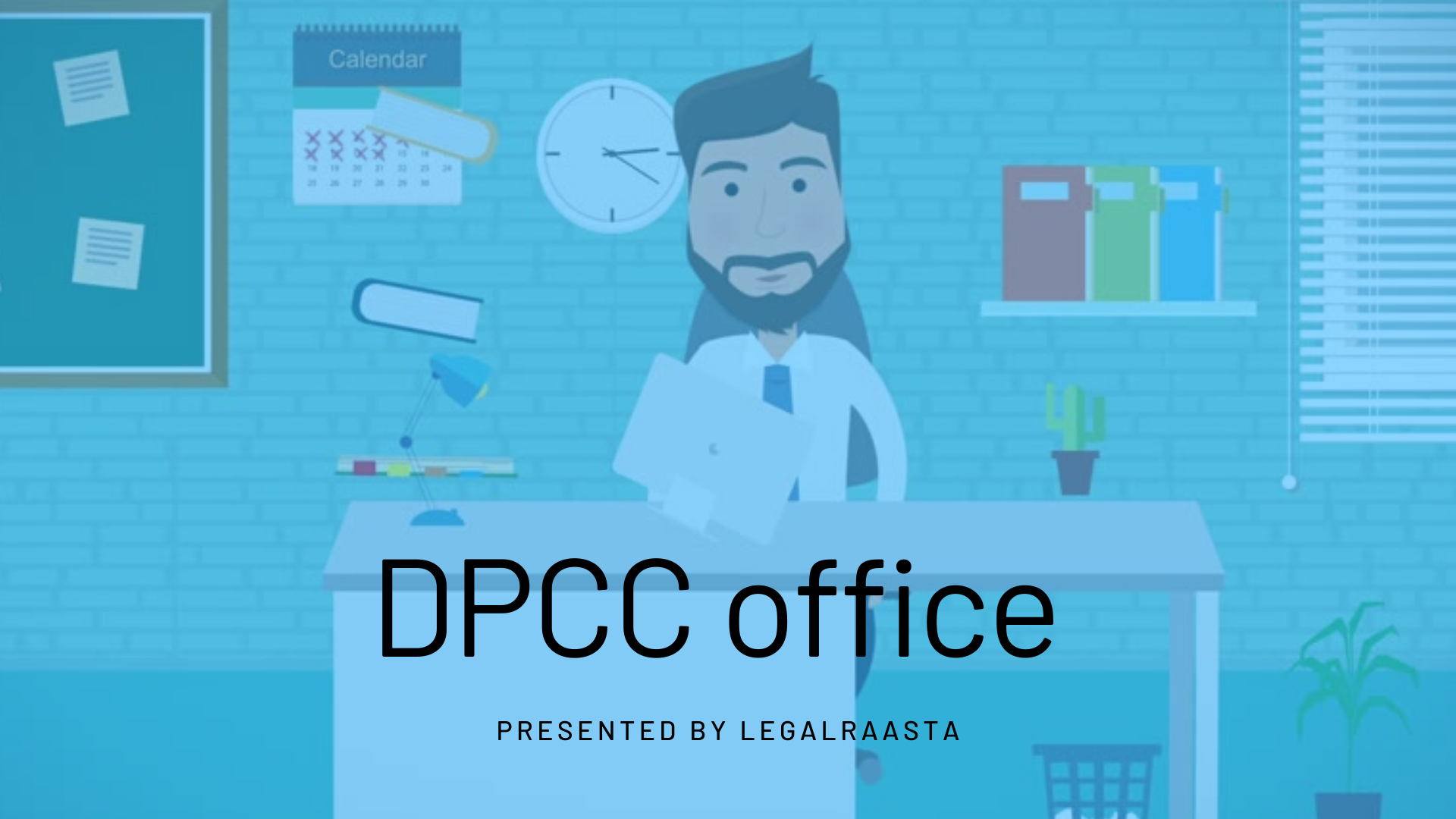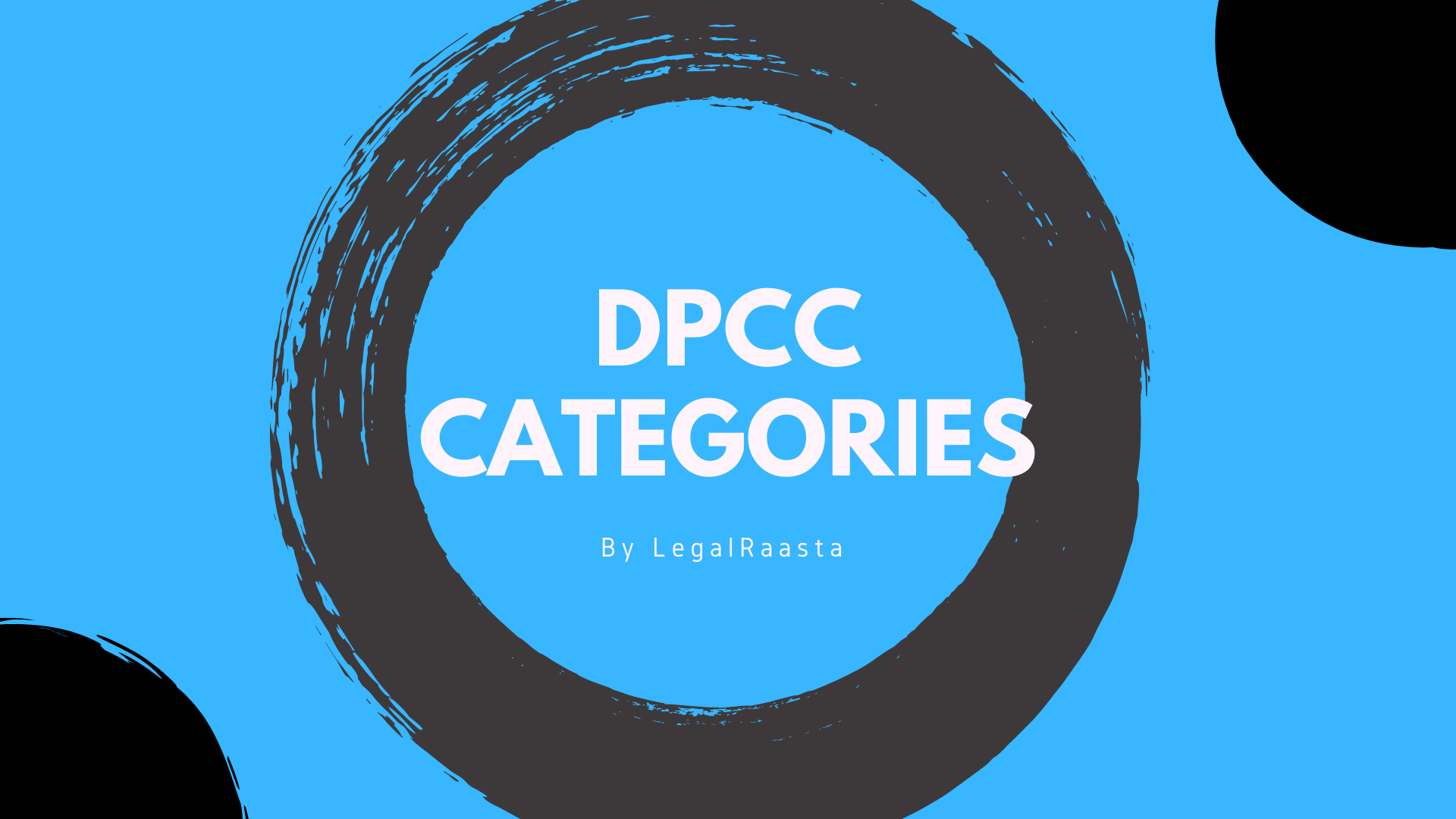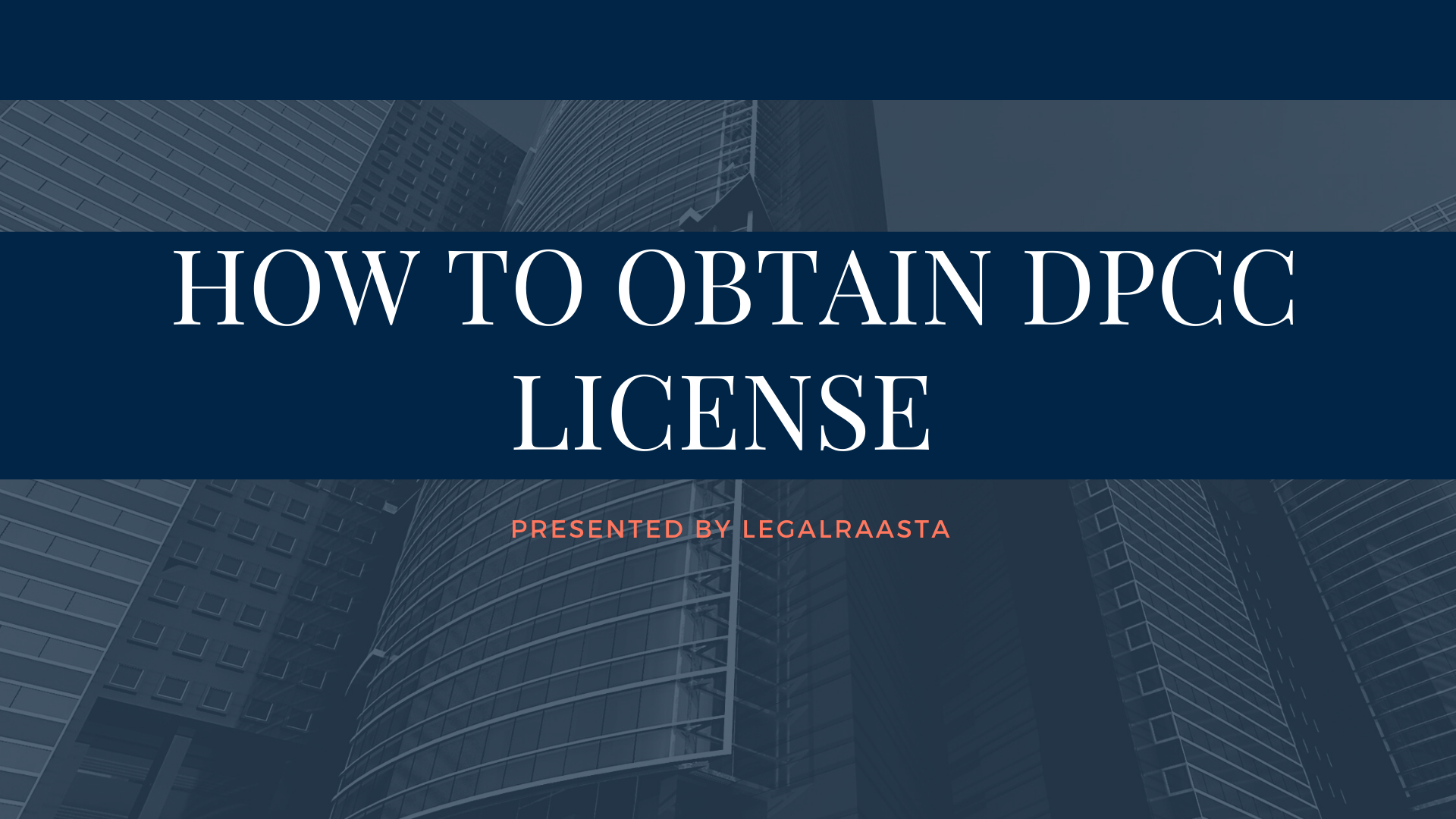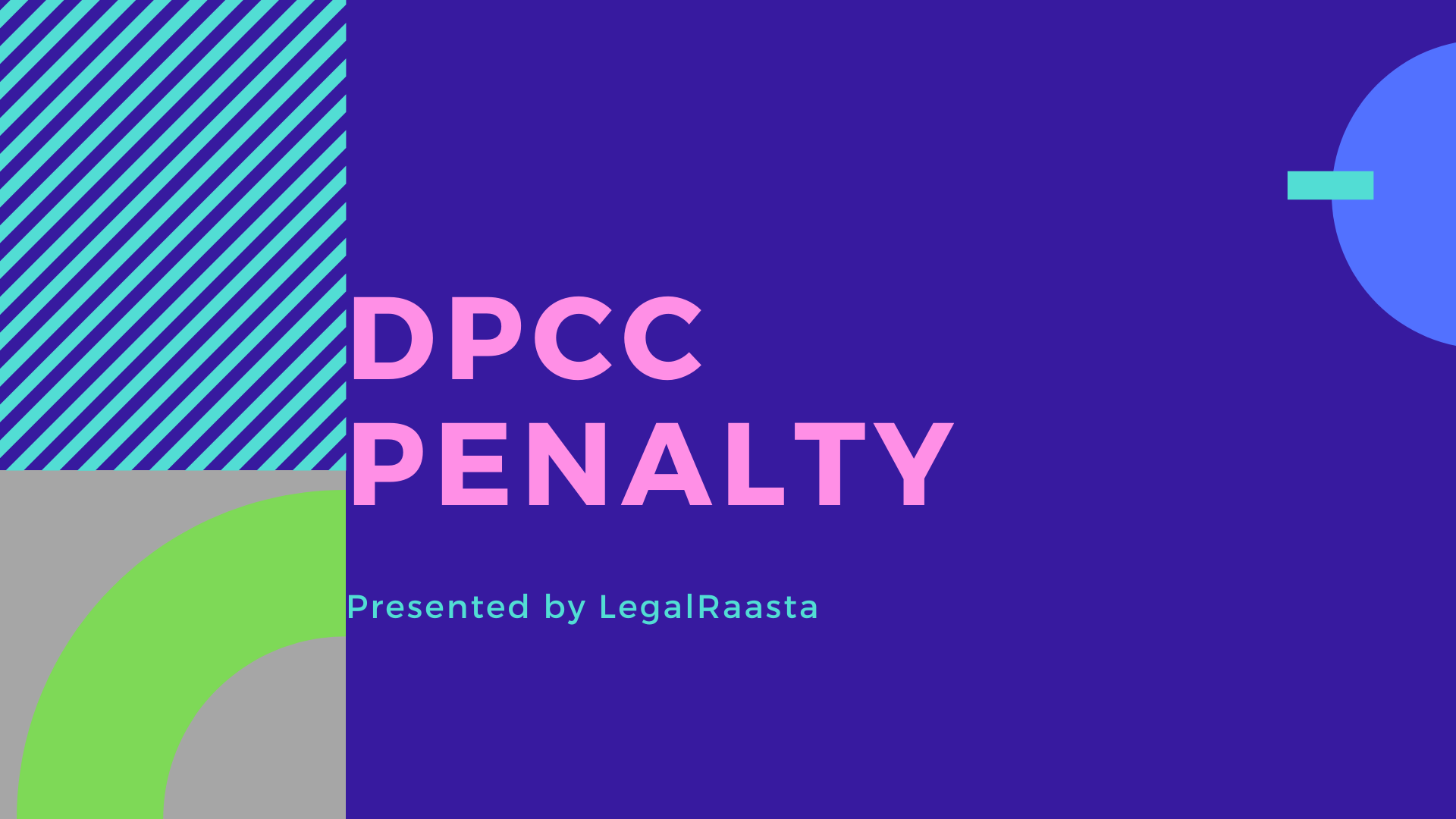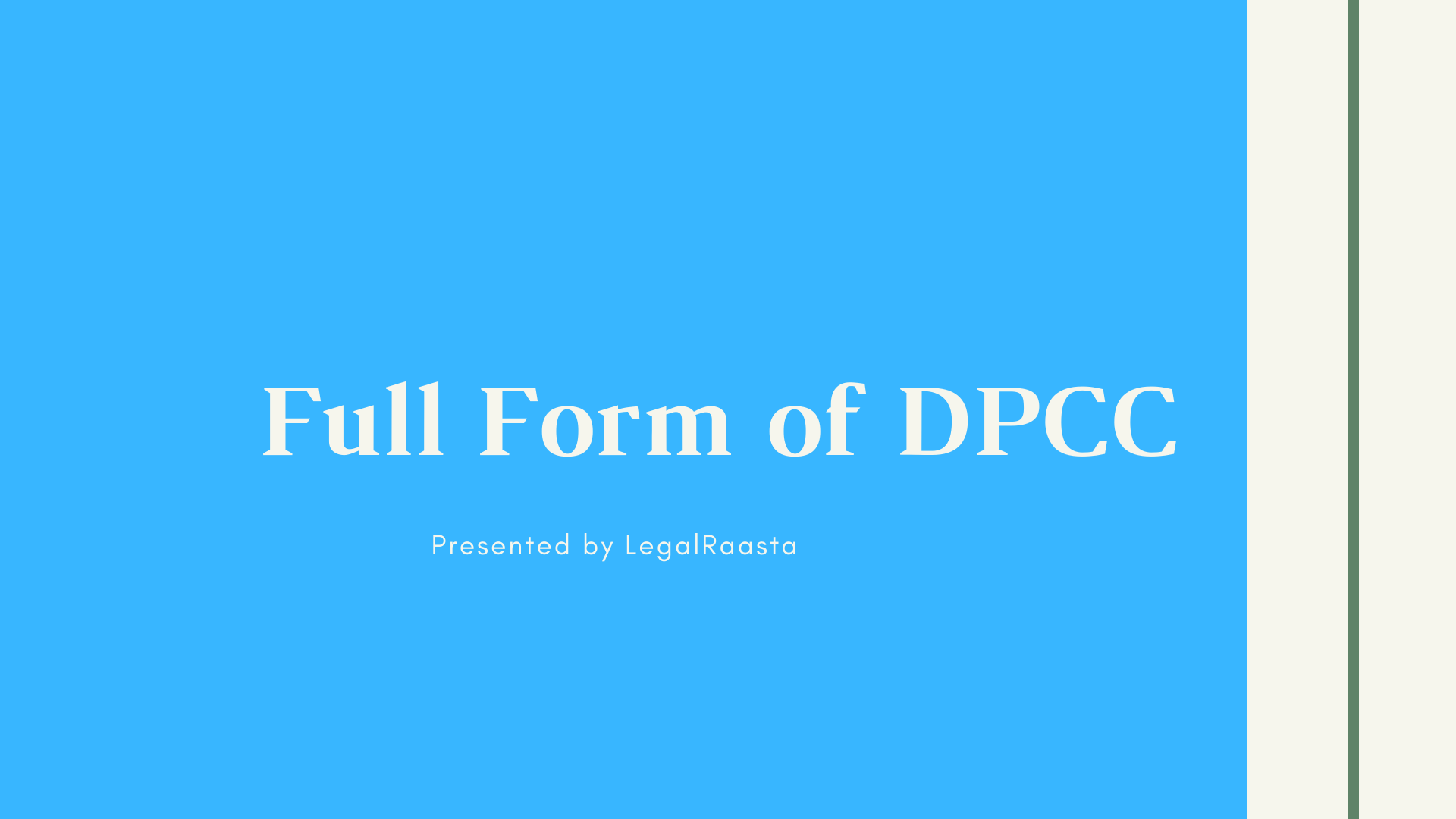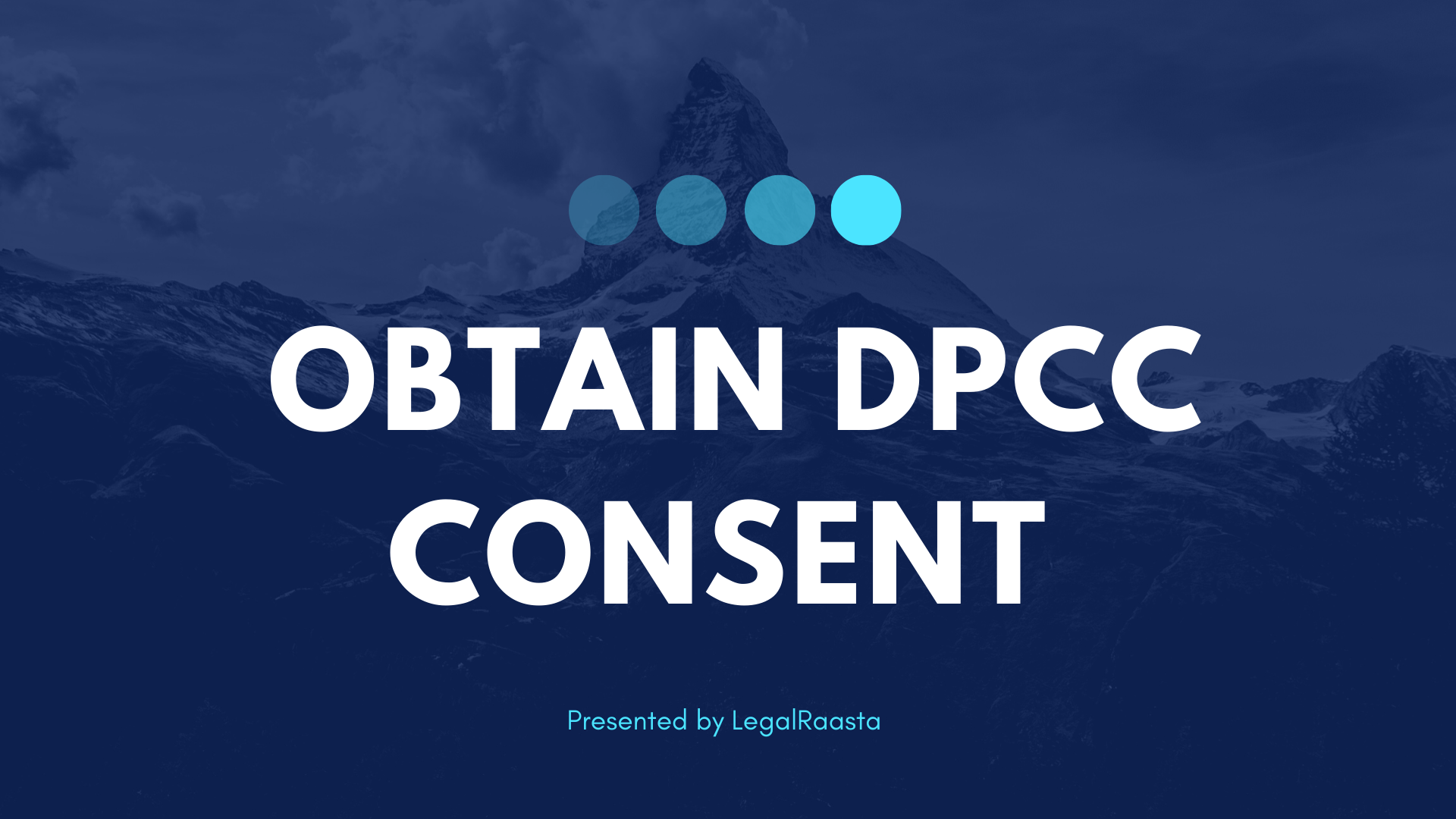DPCC consent categories
DPCC consent categories
DPCC consent categories are the categories of the industry that can apply for consent and are not prohibited from the Delhi government to operate in Delhi. Delhi comes under the pollution control area. For this, every industry is required to take Consent To Establish and Consent To Operate from the DPCC. Or there won’t be any else to establish or operate any industry in Delhi.
This certificate is an indication that the industry is to work in such a way that it won’t harm the environment. In case the industry is to discharge waste in the sewer, land, well, stream, then it is mandatory to obtain this certificate.
DPCC
DPCC or Delhi Pollution Control Committee is a self-governing autonomous body that was formed by the Delhi government under the supervision of the Central Pollution Control Board. It was established on 1st June 1991. CPCB delegated all of its powers to DPCC.
This organization was set up to create awareness about sustainable development by ensuring improvement in the ‘environment quality’ of the NCR.
DPCC consent
Consent to Establish
According to the Water Act, 1974 and Air Act 1981, every manufacturing industry must obtain this type of consent. This has to be done before establishing the site. It is valid for a period of 1 year only and after this, a request for renewal has to be made. In case the request is not made in due time, then a fresh consent has to be filed.
5 sections of consent to establish form are as follows:
- General
- Wastewater aspects
- Air emission aspects
- Hazardous waste aspects
- Additional information
Consent to Operate
The Consent to Operate is the same as the Consent to Establish. According to the Water Act, 1974 and the Air Act, 1981, industry is to get Consent to Operate after the Consent to Establish. But in this case, it is not a one-time procedure. That is, it has to be renewed after the end of the validity is through.
In the case of the Green category, consent to operate is for a period of 10 years and it is for a period of 5 years in the case of the Orange category.
DPCC consent categories
DPCC has created 4 categories of industries and these are:
- White category
- Green category
- Orange category
- Red category
Out of the 4 mentioned above, white category industries are technically non-polluting in nature. Which is why these industries don’t need any consent. While green and orange need both to consent to function in Delhi. But in the case of the red category, these industries are not allowed either to establish or to operate in the NCT region.
Green category
DPCC consent categories falling under this category have a pollution index of 21-40. These industries are polluting in nature, hence they need consent to operate and consent to establish both. The consent to operate is given for a period of 10 years for these industries. After this, the industry has to renew the consent certificate for another 10 years. Though the consent to establish is for a period of 1 year only, within which the industry has to establish its plant.
Items included
The DPCC consent categories falling under this category are involved in the following activities:
- Aluminum utensils
- Ayurvedic medicines
- Small bakery/confectionery
- PP film
- Biomass briquettes
- Melamine raisins
- Brass and bell metal utensils
|
- Candy
- Cardboard/ corrugated box
- Carpentry and wooden furniture
- Cement products
- Ceramic color by mixing
- Chilling plant and ice-making
- Coke briquetting
|
- Small Cotton spinning and weaving
- Dal mills
- Decoration of ceramic cups
- Digital printing on PVC clothes
- Handling, storage of food grains
- Flour mills
- Electrical glass, ceramic, earthen potteries
|
- Glue from starch
- Gold and silver smithy
- Non-polluting heat treatment
- Insulation/coated papers
- Leather footwear/ products
- The blending of lubricating oil/grease
- Posted veneers
|
- Oil Mill Ghani
- Packing materials
- Phenyl/toilet cleaners
- Polythene and plastic products
- Poultry, Hatchery, and Piggery
- Power looms (without dye and bleaching)
- Puffed rice (muri) (gas or electrical heating)
|
- Ready-mix cement concrete
- Reprocessing of waste cotton
- Rice mills (Rice hullers only)
- Rolling mill (gas-fired) and cold rolling mill
- Rubber goods (gas-operated baby boiler)
- Sawmills
- Soap manufacturing
|
- Spice blending
- Spice grinding
- Steel furniture
- Grains processing
- Tyres/ tube retreating
- Chilling/ice plant
- CO2 recovery
|
- Distilled water
- Small hotels
- Optical lenses
- Mineralized water
- Tamarind powder
- Marble stone
- Emery powder
|
- Flyash export
- Mineral stack yard
- Oil and gas transportation pipeline
- Seasoning on wood
- Synthetic detergent
- Tea processing
- Pulverization of bamboo
|
Orange category
DPCC consent categories falling under this category have the pollution index of 41-59. As these industries are more polluting than the green category industry, so their consent to operate is for a period of 5 years only. And after that, they also have to renew the certificate consent. But the consent to establish is the same in this case as well.
Items included
The DPCC consent categories falling under this category are involved in the following activities:
- Almirah, grill manufacturing
- Aluminum & copper extraction from scrap
- Automobile servicing, repairing
- Ayurvedic & homeopathic medicine
- Brickfields
- Building and construction >20,000 sq. m.
- Cashew nut processing
- Ceramics and Refractories
- Chanachur and ladoo using husk fired oven
- Coal washeries
- Coated electrode
- Coffee seed processing
|
- Compact disc computer floppy
- Copper waste recyclers
- Dairy and dairy products (small scale)
- DG set (>1 MVA but <5MVA)
- Dismantling of rolling stocks
- Dry cell battery
- Dry coal/ mineral processing
- Fermentation (Extra Neutral Alcohol)
- Ferrous and Non-ferrous metal extraction
- Fertilizer (granulation/formulation/blending)
- Fish feed, poultry feed, and cattle feed.
- Fish processing and packing
|
- Flakes from the rejected PET bottle
- Foam manufacturing
- Food and food processing
- Forging of ferrous and non-ferrous
- Formulation/pelletization of camphor tablets, etc.
- Glass-ceramics, earthen potteries, and tile
- Gravure printing, digital printing on flex
- Heat treatment using oil fired furnace
- Hot mix plants
- Ice cream
- Industry or processes involved foundry operations
- Iodized salts from crude/raw salt
|
- Jute processing without dyeing
- Large bakery and confectionery
- Transformer repairing/manufacturing
- Tires and tubes vulcanization/ hot retread
- Vegetable oil manufacturing
- Wire drawing and netting
- Large cotton spinning and weaving
- Lime manufacturing (using lime kiln)
- Liquid floor cleaner, black phenyl
- Manufacturing of glass
- Mirror manufacturing from the glass sheet
- Manufacturing of mosquito repellent coil
|
- Manufacturing of starch/sago
- Mechanized laundry using oil fired boiler
- Medium-scale hotels
- Modular wooden furniture
- New highway construction project
- Non-alcoholic beverages (soft drink)
- Paint blending and mixing (ball mill)
- Paints and varnishes (mixing and blending)
- Parboiled Rice mills
- Pharmaceutical formulation
- Ply-board manufacturing
- Potable alcohol (IMFL) by blending
|
- Printing ink manufacturing
- Etching or Printing of glass sheet
- Printing press
- Producer gas plant
- Recyclers- used oils
- Recyclers- waste oils
- Recycling- paint and ink sludge
- Reprocessing of waste plastic/PVC
- Rolling mill (oil or coal-fired)
- Silica gel
- Silk/saree screen painting
- Spray painting
|
- Steel and steel products with furnaces
- Stone crushers
- Surgical and medical products (latex)
- Synthetic detergents and soaps
- Resins made of synthetic
- Synthetic rubber excluding molding
- Teflon based products
- Thermometer manufacturing (with boiler)
- Thermometer
- Tobacco products including cigarettes
- Tooth powder, toothpaste, talcum powder
|
Nowadays, it has become very important for an industry to obtain a DPCC license. So you can avail of our services if you wish to register yourself for DPCC consent. You can either mail us your queries at contact@legalraasta.com or call us at +91 8750008585.
Related articles:
[fusion_builder_container alt=”” admin_label=”” hundred_percent=”no” equal_height_columns=”no” menu_anchor=”faq” hide_on_mobile=”small-visibility,medium-visibility,large-visibility” class=”” id=”” background_color=”#eee” background_image=”” background_position=”center center” background_repeat=”no-repeat” fade=”no” background_parallax=”none” enable_mobile=”no” parallax_speed=”0.3″ video_mp4=”” video_webm=”” video_ogv=”” video_url=”” video_aspect_ratio=”16:9″ video_loop=”yes” video_mute=”yes” video_preview_image=”” border_size=”” border_color=”” border_style=”solid” margin_top=”0″ margin_bottom=”” padding_top=”” padding_right=”” padding_bottom=”” padding_left=”” admin_toggled=”no”][fusion_builder_row][fusion_builder_column type=”1_1″ layout=”1_1″ spacing=”” center_content=”no” hover_type=”none” link=”” min_height=”” hide_on_mobile=”small-visibility,medium-visibility,large-visibility” class=”” id=”” background_color=”” background_image=”” background_position=”left top” background_repeat=”no-repeat” border_size=”0″ border_color=”” border_style=”solid” border_position=”all” padding_top=”” padding_right=”” padding_bottom=”” padding_left=”” margin_top=”” margin_bottom=”” animation_type=”” animation_direction=”left” animation_speed=”0.3″ animation_offset=”” last=”no”][fusion_text]
[/fusion_text][/fusion_builder_column][fusion_builder_column type=”1_1″ layout=”1_1″ spacing=”” center_content=”no” hover_type=”none” link=”” min_height=”” hide_on_mobile=”small-visibility,medium-visibility,large-visibility” class=”” id=”” background_color=”” background_image=”” background_position=”left top” background_repeat=”no-repeat” border_size=”0″ border_color=”” border_style=”solid” border_position=”all” padding_top=”” padding_right=”” padding_bottom=”” padding_left=”” animation_type=”” animation_direction=”left” animation_speed=”0.3″ animation_offset=”” last=”no”]
Frequently Asked Questions
[fusion_separator style_type=”shadow” hide_on_mobile=”small-visibility,medium-visibility,large-visibility” class=”” id=”” sep_color=”” top_margin=”” bottom_margin=”” border_size=”” icon=”fa-chevron-circle-down” icon_circle=”yes” icon_circle_color=”#2d95cf” width=”” alignment=”center” /][fusion_text]
My company is involved in the trading business. For this, do I need to get consent?
As per the regulations of the board, there is no need to get consent in the trading business.
In case of a warehouse business, is consent required?
No. As per the Water Act, 1974 and Air Act, 1981 there is no need to get consent as no processing/manufacturing/hazardous operations are involved.
– Our industry is not water/air polluting in nature. Do we require DPCC consent?
Every unit, except white category industries, are required to obtain CTO (Consent to Operate) and CTE (Consent to Establish).
Who all are eligible for consent?
Any individual/industry that is under the orange and green categories is required to obtain consent from the DPCC.
What is the main purpose of DPCC consent?
DPCC consent is made to ensure that along with the modernization, the rules and regulations pertaining to production, manufacturing, capacity are followed. The NOC/CTE/CTO are the certificates for this purpose.
What are the functions of DPCC?
• The main function of DPCC is environmental protection
• It also curbs the air quality
• Another function of DPCC is to provide guidance to the Delhi government on the prevention and control of water and air pollution.
What are the grant periods of the consents?
Consent to Establish
The CTE is 1 year for both green and orange category industry
Consent to Operate
• It is 10 years in the case of white category
• And it is 5 years in the case of orange category
What comes under the white category type of industry?
It is the type of industry that technically does not pollute the environment. Their pollution index lies between 0-20. Which is why these industries do not need Consent to Establish (CTE) and Consent to Operate (CTO).
Which industries do not come under the DPCC consent category?
F-27 and F-33 both of these types of industries are not permitted to either establish/operate in the NCT.
What is the difference between Consent to Establish and Consent to Operate?
| Basis |
Consent to Establish |
Consent to Operate |
| Process |
Consent to Establish is taken before the setting up the industry |
Consent to Operate is obtained once the company representative from the pollution control board visits the site to check whether construction is as per the plan. After this, the industry can apply for consent to operate. |
| Renewal |
There is no need to renew this unless it is not completed within a year. |
There is a need to renew this certificate, once the validity of the certificate expires. |
[/fusion_text][/fusion_builder_column][/fusion_builder_row][/fusion_builder_container]

